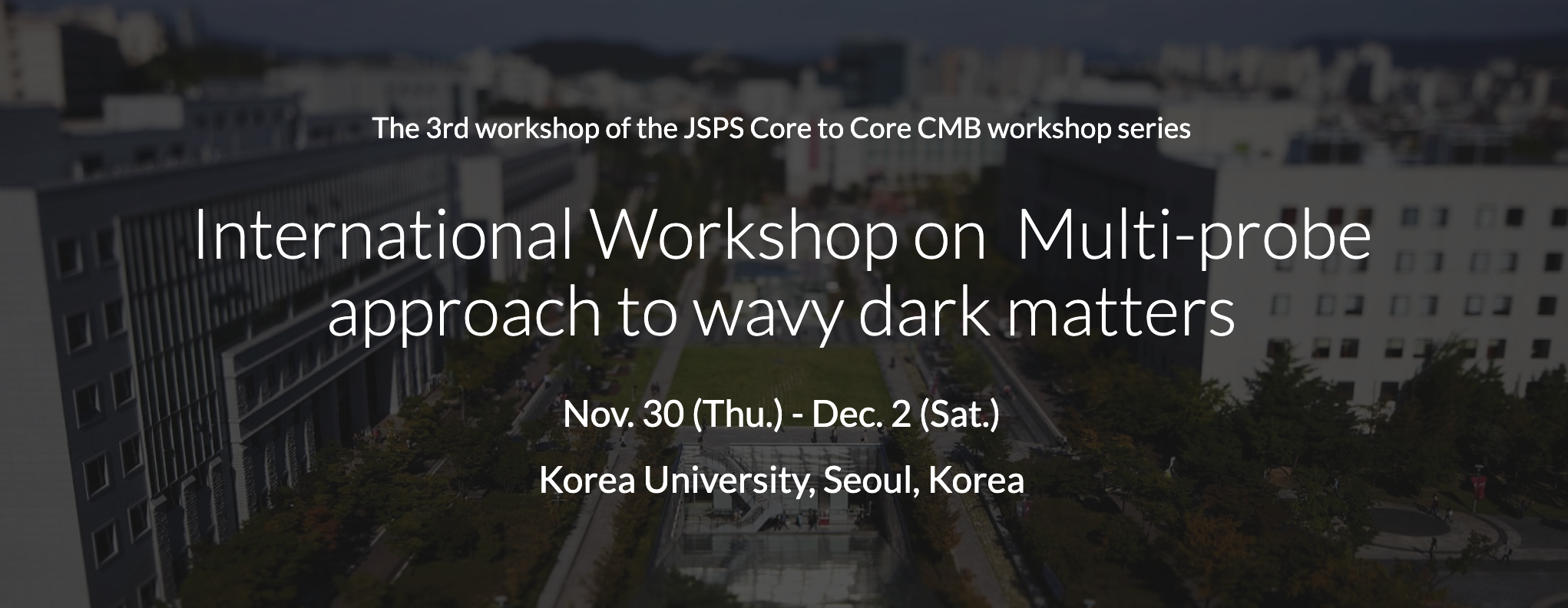Speaker
Description
The upcoming generation of cosmic microwave background experiments offers an exciting opportunity to study models of exotic dark matter and their clustering behaviors through studies of gravitational lensing at small angular scales (<~ arcmin). I will present the development and application of a novel estimator for quantifying the statistics of the cosmic background lensing field, and show that it can outperform traditional techniques when applied to future data. The Small Correlated Against Large Estimator for cosmic microwave background lensing recovers simulated lensing statistics to high accuracy and precision. I will briefly motivate and present the development of a neural network emulator for the analytical SCALE expected observables, and I show that an application of our methodology in cosmological parameter estimation that gravitational lensing information will allow for a detection of the minimum neutrino mass. I further demonstrate SCALE's constraining power when applied to constrain the shape of the small-scale lensing power, which gives profound insight into the nature of models such as fuzzy/wavy dark matter.
Comments

